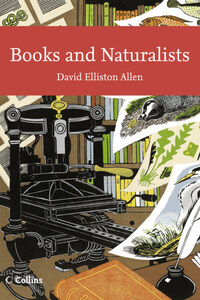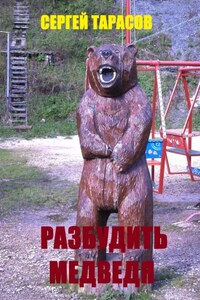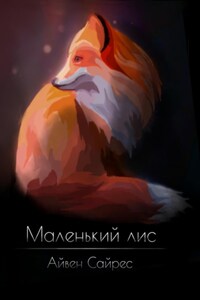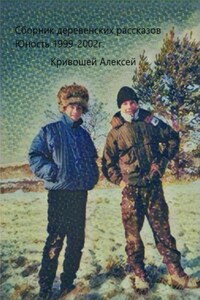THE NEW NATURALIST LIBRARY
BOOKS AND
NATURALISTS
DAVID ELLISTON ALLEN
Collins
To the memory of Gavin Bridson (1936â2008) and Richard Freeman (1915â1986) to whose decades of meticulous groundwork this book owes so much
ANY SERIES OF books on British natural history cannot fail to acknowledge its debt to the long tradition of naturalists and their writings for which Britain is almost unique. It was inevitable, therefore, that from the birth of the series the New Naturalist authors have been particularly conscious of this inheritance. Indeed, the first chapter of the first volume in the Series, E. B. Fordâs Butterflies, is devoted to a history of British entomology. Similarly, the second chapter of Wild Flowers is a scholarly history of British botany by John Gilmour. It has long been an ambition of the Editors to produce a volume celebrating the âold naturalistsâ and their contribution to the scientific, social and literary culture of the British islands.
David Elliston Allen is uniquely qualified to contribute this important addition to the series. Historian and botanist, he studied Archaeology and Anthropology at Cambridge whilst a long interest in field botany led to the presidency of the Botanical Society of the British Isles and his election as an honorary member. He is also a past president of the Society for the History of Natural History by whom he was awarded the Founderâs Medal for outstanding contributions to the study of the history of natural history.
Anyone who has read his The Naturalist in Britain (Princeton University Press, 1994) will not be surprised to find that Books and Naturalists is as much a social history of natural history publishing as it is the story of British natural history. Indeed, for the first time, the critical role of the publishers, and their not always harmonious relations with the naturalist authors, is explored and revealed. Given the size of the literature, it was inevitable that difficult decisions have had to be taken relating to scope and about what to retain and what to omit. David Elliston Allen discusses these thorny issues in his Foreword. The prime focus of the book has had to be those naturalists who have made major contributions to the discovery and description of Britainâs natural history and on our islandsâ fauna and flora. One omission that may strike the reader is any major reference to Charles Darwin. Notwithstanding the importance of Darwinâs prodigious output, the evidence base for his ideas was drawn worldwide and was not exclusively British. Furthermore, the recent 200th anniversary of his birth and the 150th anniversary of the publication of the Origin of Species has resulted in the appearance of several new works that cover a similar theme. Rather than duplicating this, it was felt that the space that would have been needed to do justice to a review of Darwinâs contribution to British natural history would be better used on less familiar material.
We are delighted to welcome this fascinating, but at the same time scholarly, addition to the series.
OF ALL THE MANY pursuits and studies that have the outdoors as their principal focus, natural history must surely be without rival in the extent to which it depends on booksâand always has done. Unless the different kinds of plants and animals encountered in the wild can be told apart, and, for preference, mentally pigeonholed with a name, the subject could not exist. Without the identifying of its particulars nature remains a purely sensuous experience. Wherever a fauna or flora has been investigated with reasonable thoroughness, there must be a good chance that every one of these particulars has been distinguished, described and dubbed with at least one lasting and widely used designation. Ideally, that will consist of a genus and a species, enabling the plant or animal concerned to be located, if wished, in the unique slot assigned to it in the overall scientific scheme of things; in many cases, though, there will also be a name or names acquired by it over the years in the vernacular, which can serve instead or as an additional label. The natural world presents itself in such a speedily overwhelming diversity that the limit to the number of recognisable entities and their names that the mind can accommodate is reached all too soon. In order to go beyond that limit, or to have oneâs memory jogged at will, it is consequently essential to have works of reference, some filled with descriptions of a greater or lesser degree of completeness and with or without accompanying illustrations, others lists of what has been recorded from particular areas and of the parts or places within those that appear to be richest in potential.








